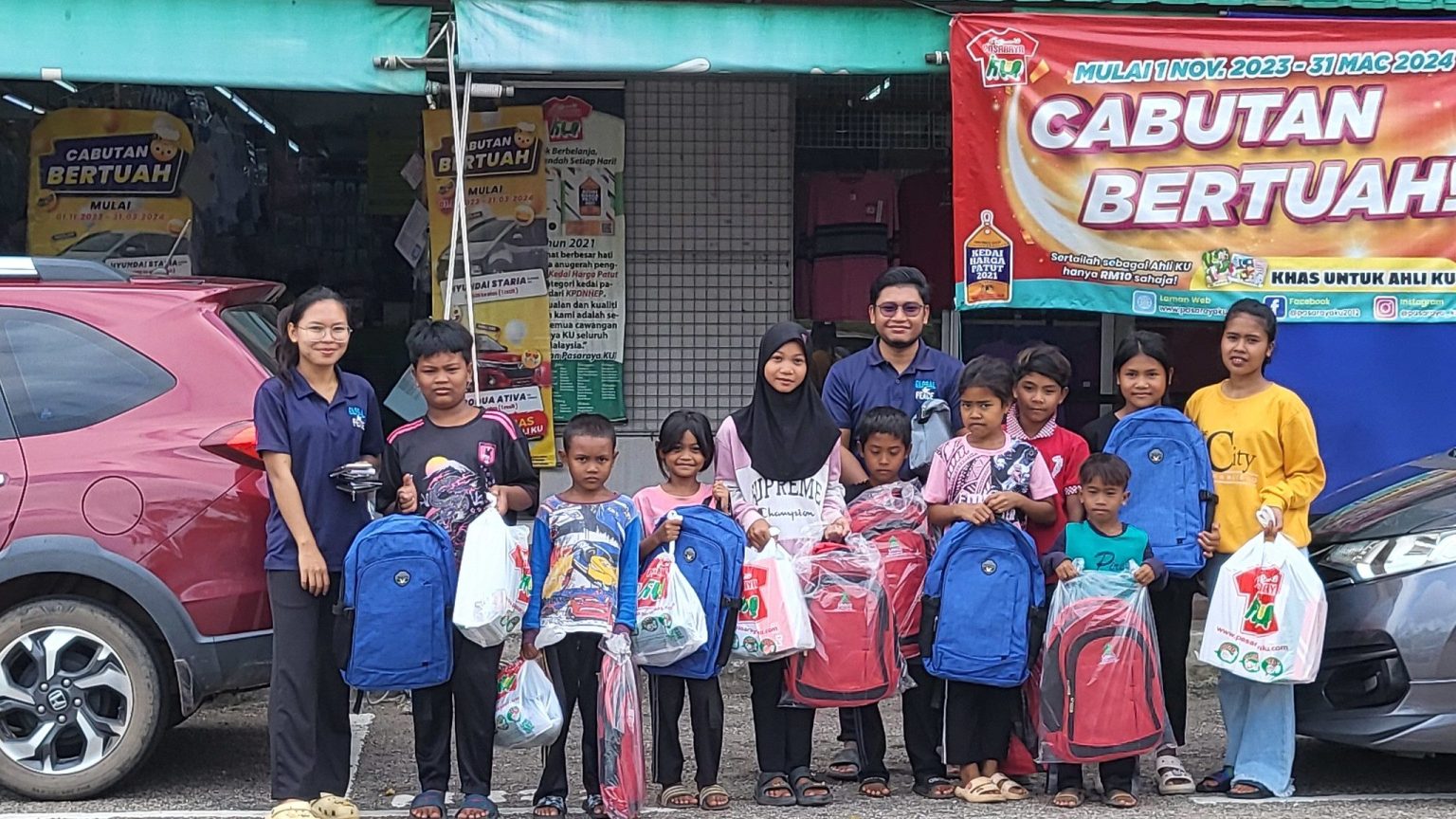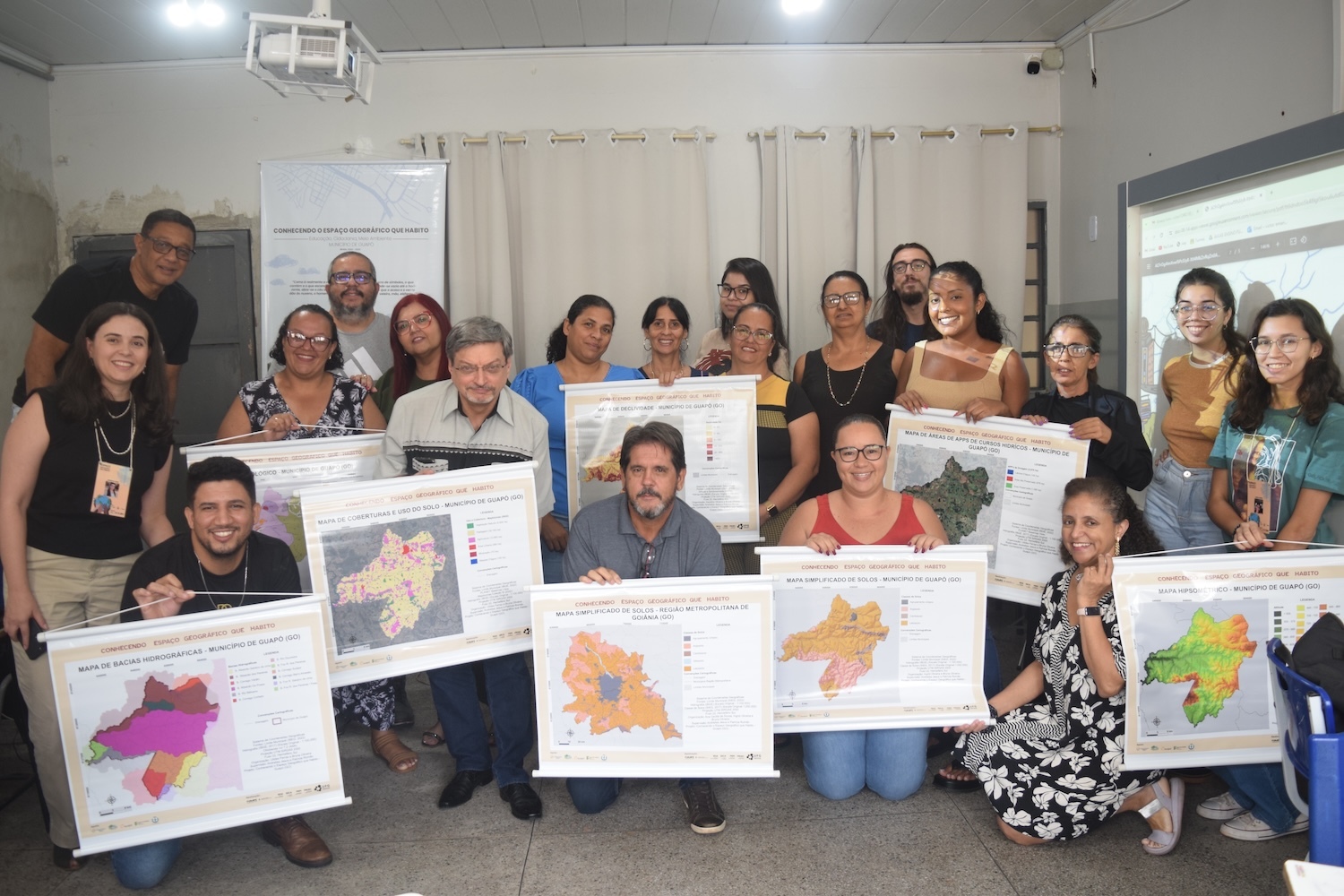It was my first year in Korea as a Japanese-American exchange student. I had studied Japan’s annexation and occupation of Korea from 1910-1945 before, but I had never really felt an intense sense of ownership over Japanese history. It wasn’t until a field trip to the Korean Independence Museum that I came face to face with what it really meant. I don’t think I was fully prepared.
As I exited the museum, I remember feeling overwhelmed with sadness and remorse. I couldn’t help but feel apologetic to the Korean people. It wasn’t just because of the exhibits that I saw or the emotions that I walked out with, but I felt a strong personal tie between these two nations.
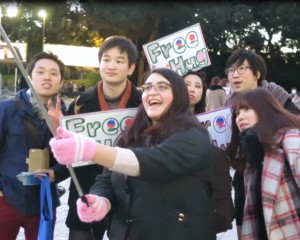
Students take a selfie during the “Free Hugs” campaign.
I remember crying outside on a bench when my Korean teacher came over and consoled me with the simple, yet powerful gesture, a hug. As she embraced me, she gently talked to me, telling me not to be sad. In that moment I remember thinking how ironic it was that a Korean teacher was consoling a Japanese-American 13 year-old. Her poise and forgiveness was overwhelming. It was this grace and compassion that she and so many other Koreans displayed during my two and a half years in Korea, that helped me to see Japan and Korea are more like two siblings. Though their relationship may not always be one of ease, their connection is everlasting.
I was reminded of my teacher’s embrace, so many years ago, when reading about Global Peace Foundation Japan’s Northeast Asia Peace Forum for Youth. My first reaction was, why a “Free Hugs” Campaign? But as a walked down my memories, I realized the ingenuity of Global Peace Foundation Japan and Global Peace Youth Korea joining together in the campaign as a way to open the door for future dialogue between the sibling nations.
The forum and campaign created a sense of connection, an understanding, a foundation rooted in trust to open and foster further interaction and dialogue. These human emotions like trust, love, compassion and understanding connect us all beyond any national or historical differences.
While a hug may seem like a simple gesture, it has the ability to evoke these powerful and connecting emotions. A hug in its purest form requires an individual to become vulnerable to the needs and the story of another, to shed one’s personal bias, to break through the calluses of one’s heart and to completely embrace another human in whatever state they may be in.
“Although Korean re-unification is really important for Koreans, I thought it was a non-issue of Japan. However, now I understand that it is an Asian issue and that it requires the cooperation of all Asian nations.” Kyoung Hwa Park, Ostuma Women’s University
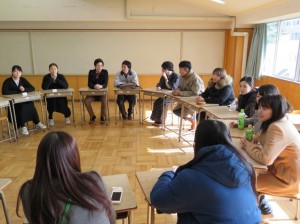
Students engage in an educational forum to discuss the issues of Korea Reunification and ties between Japan and Korea.
In addition to the “Free Hugs” Campaign, forum participants partook in a cultural exchange and educational forum. Japanese and Korean college students went sightseeing together and attended lectures on Japanese and Korean relations by Dr. Jung Ho Bae of GK Tactics Study Institute and Professor Ryuichiro Matsubara of Tokyo University. They also engaged in a “safe exchange” of their personal understanding of the common histories between Japan and Korea.
Many students were ecstatic to have a safe environment of mutual understanding to frankly discuss a topic that is sometimes consider taboo, the rocky relationship between the two countries. Kyoung Hwa Park of Ostuma Women’s University said, “Although Korean re-unification is really important for Koreans, I thought it was a non-issue of Japan. However, now I understand that it is an Asian issue and that it requires the cooperation of all Asian nations.” Other participants felt this opportunity for engagement created a space where perceived gaps could closed and familial bonds could be forged.
The “Free Hugs” project followed the educational forum. Mixed group of students offered free hugs to people on the streets of Tokyo, challenging their personal biases as they engaged the public in discussing the issue of Korean Reunification and ties between Japan and Korea.
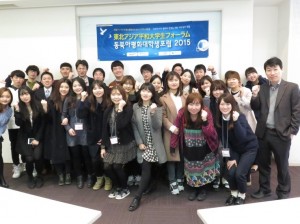
Group photo during the educational forum.
Reona Kitsukawa of Teikyo University said he realized he held stereotypes of his own Japanese counterparts. “What was so impressive about today was that Japanese people welcomed the idea of free hugs. I have always believed Japanese people to be shy and was anxious about whether or not they would be receptive to our campaign.”
Perhaps a hug was exactly what was needed to begin to chip away at the walls that separated their hearts and minds. It’s a small act that may only beings the process of reconciliation, but my 13 year-old self reminds me how powerful a hug can be. It just may be the beginning of expanding dialogue and understanding that reaches out across Asia and the world.
MCI is a blogger for the Global Peace Foundation


